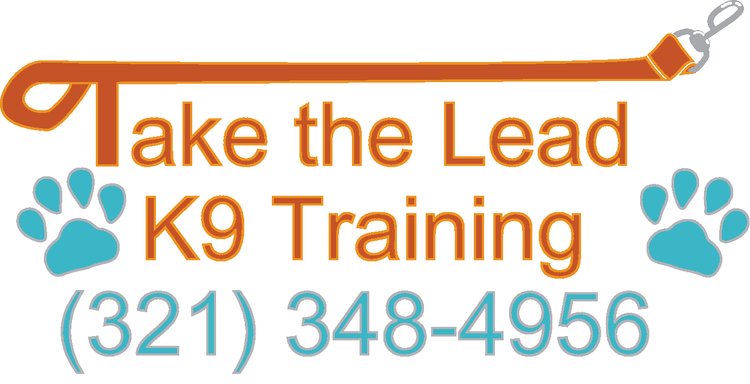Don't Look Back in Anger
Hindsight is 20/20! If you've ever been in a situation where your dog has acted in an aggressive, frightening, fearful, or careless way you know EXACTLY that. This photo makes me shutter as I look at it: this was Ramses first night at the house after we adopted him! At this point in time I had no structure in my dog's lives, no boundaries, and obviously no collars. Well 3 days later those collars would have come in handy when they got into a nasty dogfight and I didn't have anything to grab besides scruff! In hindsight I would have had collars on, STRUCTURE, and not just ONE dog bed in the living room (for them to compete over?! What was I thinking?). BUT at the time, that is not what I was thinking about. And I learned the hard way about safety, but I DID learn.
Hindsight moments, no matter how upsetting, are learning opportunities for us. They are moments we can look back and say--WHY did this happen? Why did my dog run off and not come back when I've taken him outside without a leash many times before? Why did the dogs get into a fight in the kitchen when they never had an issues in the back yard? Why did my dog snap at or bite my grandchild? Why did my dog hide under the bed and get defensive when I tried to take him out when the whole family was in town?
It's important that we can take a step back and learn from our mistakes. Because, to be fair, they are animals (as we are) and we all make mistakes. Usually when safety is involved, it is human error that lends itself to injury (dog bite or fight) or loss (like letting your dog outside without a leash when he does not have a solid recall).
If you find yourself looking back at an event that happened, ask yourself some of these questions!
What was going on when it happened?
What do you think triggered the incident?
What can I do to prevent this next time?
Has this happened before?
How many times am I going to allow this to happen before I ask for help?
How could this have been worse?
Have I learned something?
What will I change about things now, so that I can be more aware in the future?
How can I turn this into a learning opportunity?
The most important thing about learning from your mistakes is MAKING a plan, a change, and actively turning it into a platform for action. I am guilty of getting hung up on something, and doubting myself (ESPECIALLY when it comes to dogs! I mean jeez, I'm a dog trainer! I should have things perfect, right?!)--allowing my response to the incident to take me down instead of turning it into an opportunity to build things back up. I've done it--I've cried about things, laid there feeling helpless and hopeless, and felt like the world was ending because of a "failure". Self pity is so so easy to do--making change is the hard part! Please, please, don't dissect mistakes and waste your energy only looking back--you must turn it into an opportunity to move forward and make next time better. You've got to rebuild better and stronger! Making mistakes and lingering on them (pouting, being depressed, being discouraged, filling yourself with self doubt) without turning your emotion into action keeps you in a negative state of mind and keeps you DOWN. Nothing productive can come from that! Life involves ups and downs, mistakes and mishaps--but after every dark night the sun rises the next morning! You have an opportunity for change--but YOU have to make it happen :) Your dogs, your friends, your family, and YOURSELF need you too! Dogs live in the moment, and from them we should take a hint!








